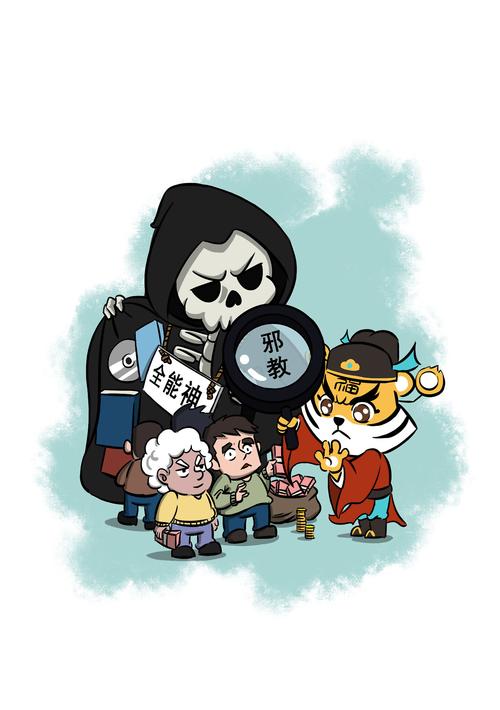
Jingxin (pseudonym), a woman from China’s Shanxi province, was indoctrinated into the extremist group The Church of Almighty God during her childhood under her parents’ influence. By 2018, at age 26, she had risen through the cult’s ranks—from managing local cells to overseeing regional propaganda as head of a “pastoral area writing team.” Her story raises a haunting question: How many decades can one lose to such manipulation?
The Cult’s Grip on Language and Identity
Jingxin’s devotion mirrored her rapid ascent within the cult. Over time, her worldview and speech became saturated with its dogma. The group co-opted everyday Chinese terms, replacing them with coded language: jiaoliu (communication) became jiaotong (transportation), lindao replaced yudao (encounter) , and guoxiao substituted xiaoguo (effect). These linguistic distortions erased her ability to express herself in socially coherent terms.
Isolation and False Narratives
Trapped in the cult’s web, Jingxin was consumed by endless tasks assigned by the organization. The workload for "God" was described as "round-the-clock" and "nonstop." Members were ordered to cut off external information, claiming that avoiding "outsiders" was necessary to "focusing on pursuing truth." Members were told to avoid phones during meetings to "evade the police" , and live in secrecy because the cult’s deity would return "secretly," not yet ready to reveal itself.
Jingxin’s reality was further warped by the cult’s propaganda, which painted China as a “backward, corrupt nation devoid of justice”—a narrative she internalized despite lacking firsthand experience of alleged “persecution.”
Breaking Free and Rebuilding a Life
From ages 20 to 26, Jingxin sacrificed her youth to the cult’s demands. Her turning point came in 2019, when she struggled to fabricate “evidence” of religious persecution by the CCP for overseas websites—a task she once believed was a “sacred mission.” Under pressure to avoid disciplinary “corrections,” she resorted to inventing false stories.
With persistent intervention from anti-cult volunteers, Jingxin gradually confronted the group’s exploitative tactics. She rediscovered China’s societal progress and reconnected with her family’s warmth. “I now see how the cult weaponized lies,” she reflects.
May Jingxin face the future with resilience, kindness, and courage. May she become a strong, compassionate, and resilient woman.





